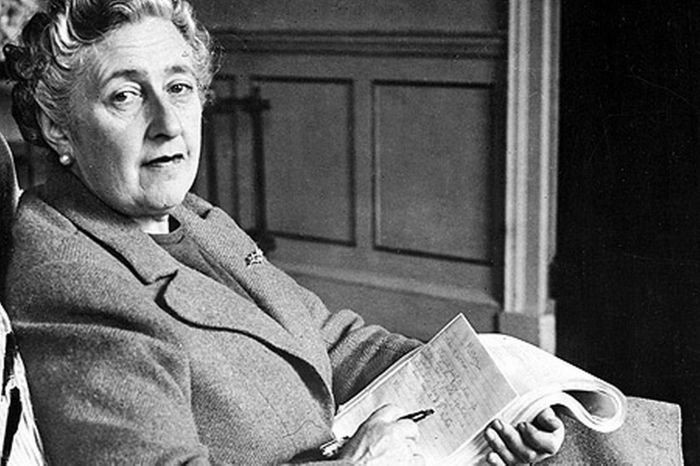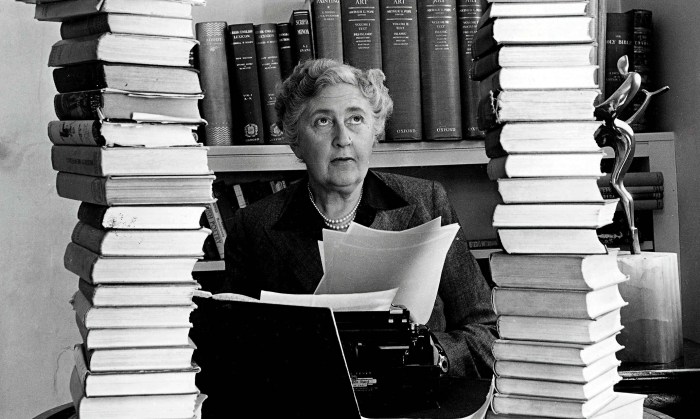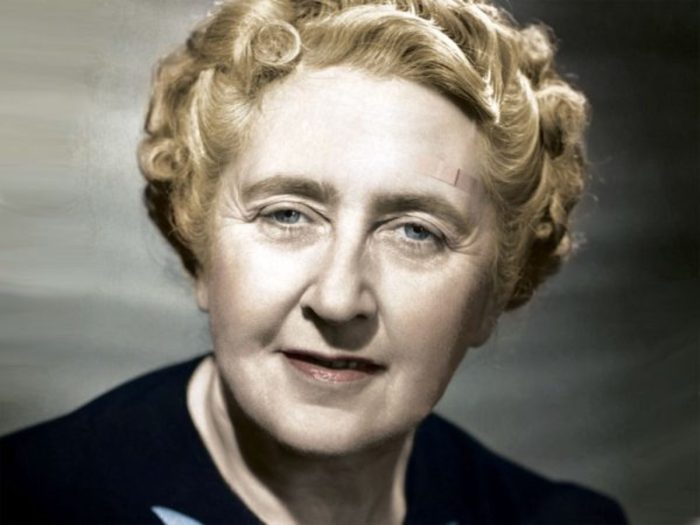Who said there is nothing as important as trifles? This intriguing statement has captured the attention of philosophers, writers, and everyday people for centuries. It suggests that even the smallest details can have a profound impact on our lives. In this essay, we will explore the origin, interpretation, and significance of this enigmatic phrase.
The phrase “there is nothing as important as trifles” first appeared in the writings of the ancient Greek philosopher Heraclitus. He believed that the world was in a constant state of flux, and that even the smallest changes could have far-reaching consequences.
This idea was later adopted by other philosophers, such as Aristotle and Plato, who argued that the smallest details could reveal the true nature of reality.
The Origin of the Phrase: Who Said There Is Nothing As Important As Trifles

The phrase “there is nothing as important as trifles” originated in the 1892 play The Importance of Being Earnestby Oscar Wilde. The character Algernon Moncrieff utters this line in response to his friend Jack Worthing’s lament over the loss of a cigarette case. Wilde’s play satirizes the superficiality of Victorian society, where seemingly trivial matters are given undue importance.
Interpretation of the Phrase

The literal meaning of the phrase suggests that even the most insignificant details or actions can have far-reaching consequences. “Trifles” in this context refer to seemingly unimportant matters or events. The phrase implies that we should not overlook or dismiss the significance of such details.
Importance of Trifles
- Unveiling hidden truths: Trifles can provide clues or insights that reveal hidden motives, intentions, or truths.
- Shaping events: Seemingly insignificant actions can trigger a chain of events that ultimately lead to significant outcomes.
- Revealing character: Attention to trifles can provide insights into a person’s personality, values, and behavior.
- The Murders in the Rue Morgueby Edgar Allan Poe: The detective Dupin solves a murder case based on seemingly insignificant details.
- The Great Gatsbyby F. Scott Fitzgerald: The novel’s tragic ending is foreshadowed by subtle hints and trifles.
- Mementoby Christopher Nolan: The film’s protagonist uses Polaroids and tattoos to piece together his fragmented memory.
- Avoiding errors or mistakes.
- Uncovering opportunities.
- Improving relationships and communication.
- Focus on priorities: Some argue that it is essential to prioritize tasks and focus on those that are truly important.
- Overemphasis on details: Paying excessive attention to trifles can lead to procrastination or paralysis by analysis.
- Contextual relevance: The significance of trifles may vary depending on the context and situation.
Trifles in Literature and Art
The theme of trifles has been explored in various literary works and artistic representations. Notable examples include:
Trifles in Everyday Life
The phrase “there is nothing as important as trifles” applies to daily experiences and decision-making. Paying attention to details can lead to positive outcomes, such as:
Opposing Viewpoints, Who said there is nothing as important as trifles
While the phrase emphasizes the importance of trifles, there are opposing viewpoints that challenge this notion:
Detailed FAQs
Who first said “there is nothing as important as trifles”?
Heraclitus, an ancient Greek philosopher
What is the meaning of the phrase “there is nothing as important as trifles”?
Even the smallest details can have a profound impact on our lives.
Why are trifles important?
Trifles can reveal the true nature of reality, shape our destiny, and help us gain a deeper understanding of ourselves and the world around us.
